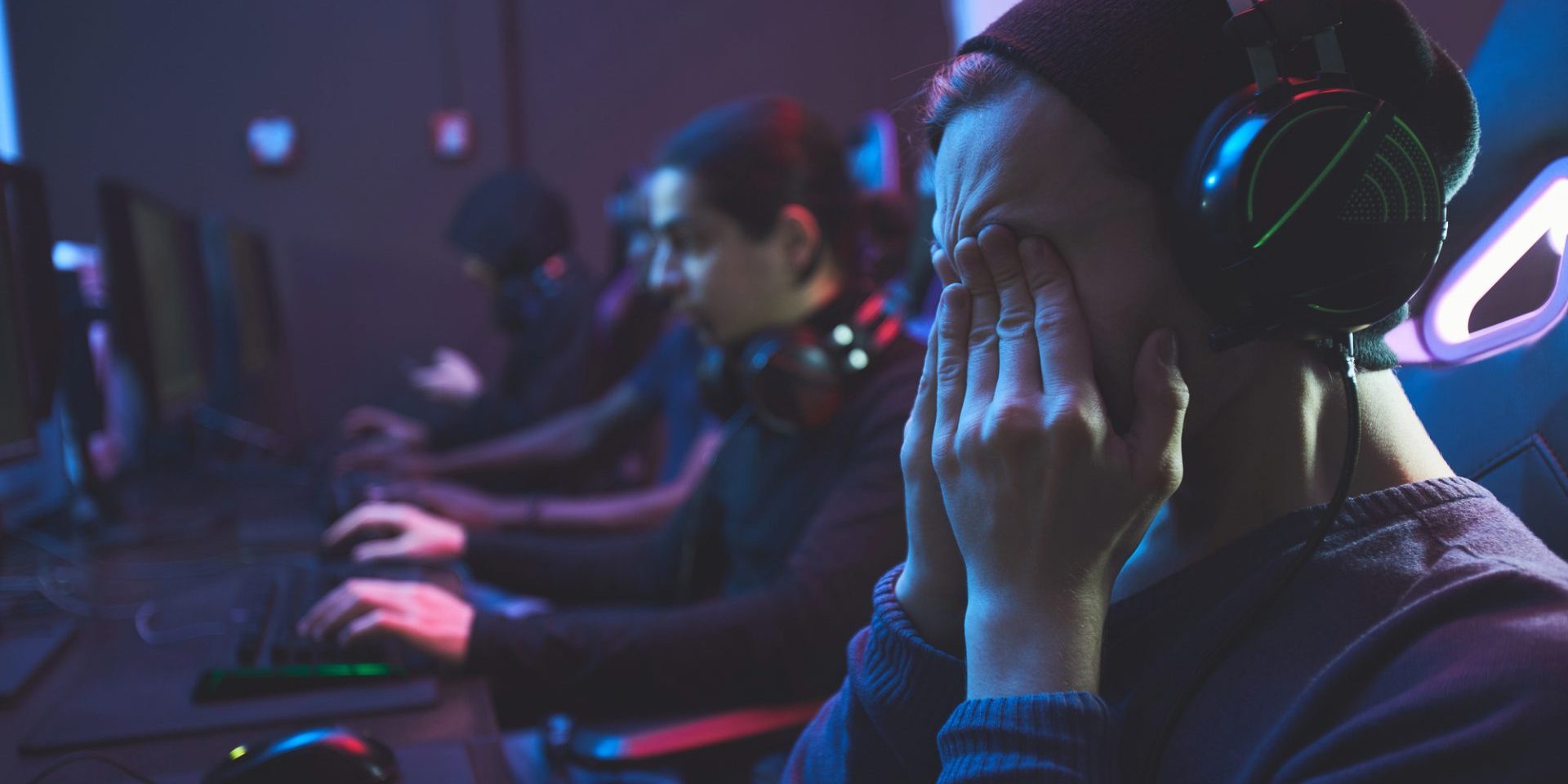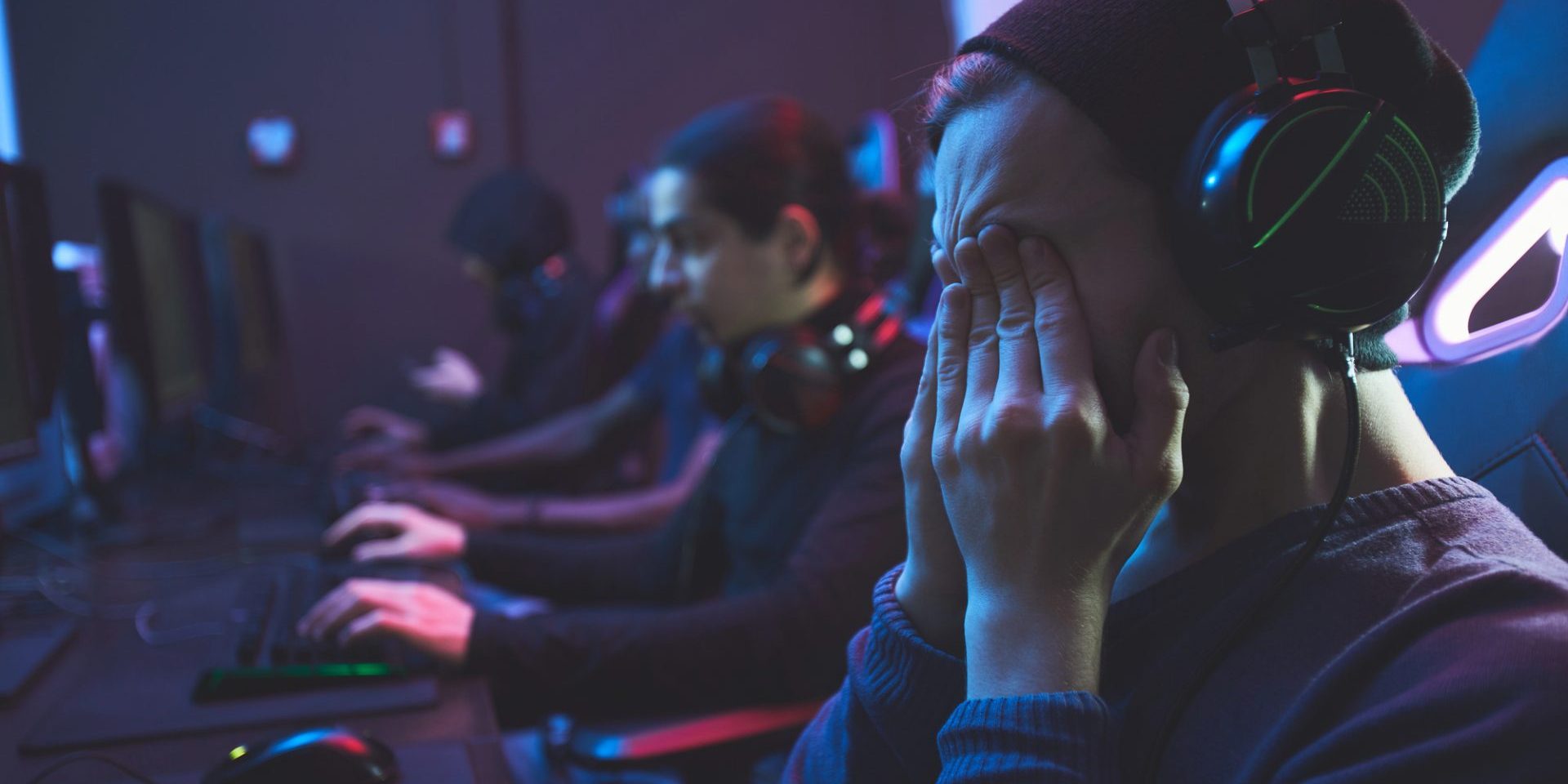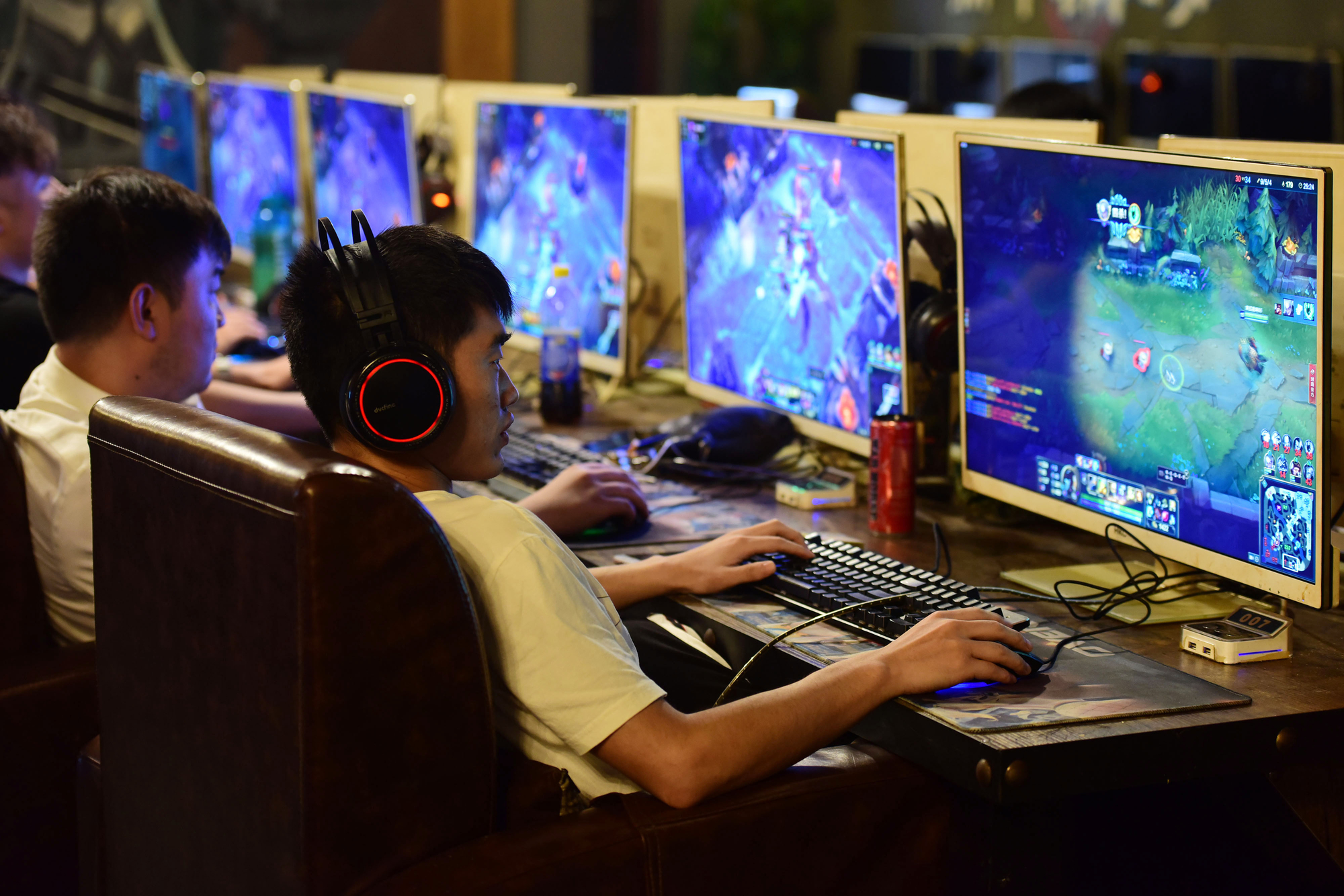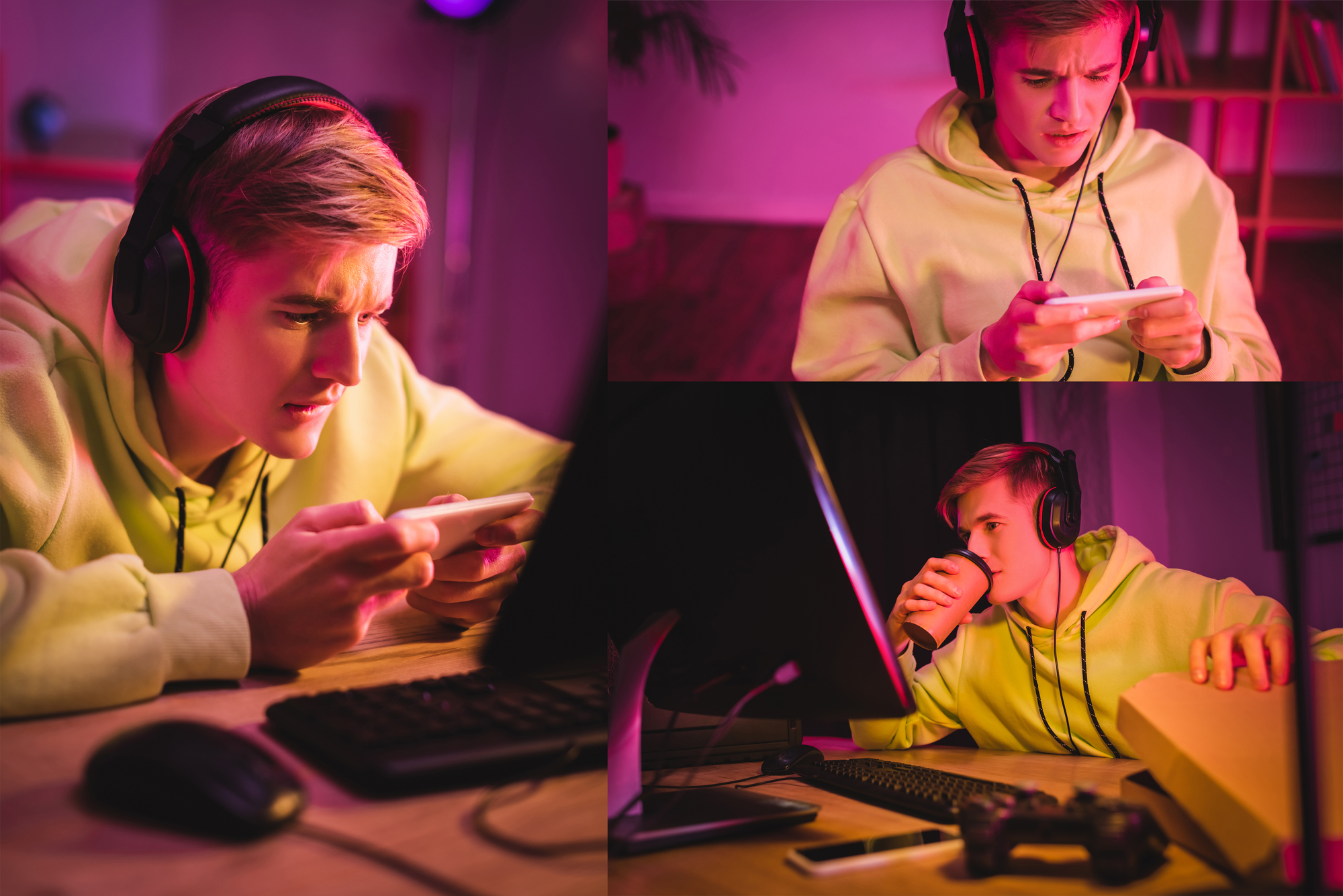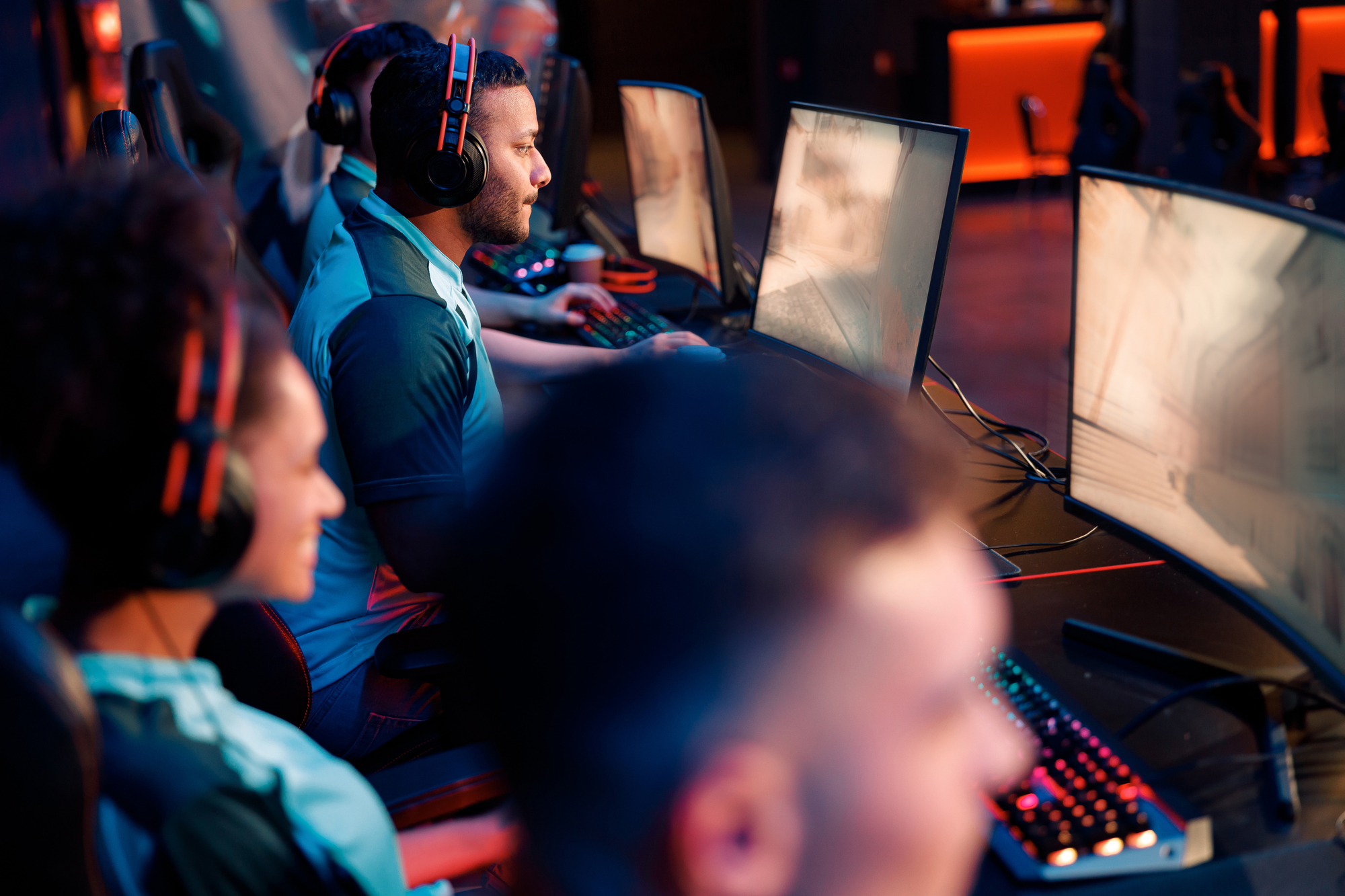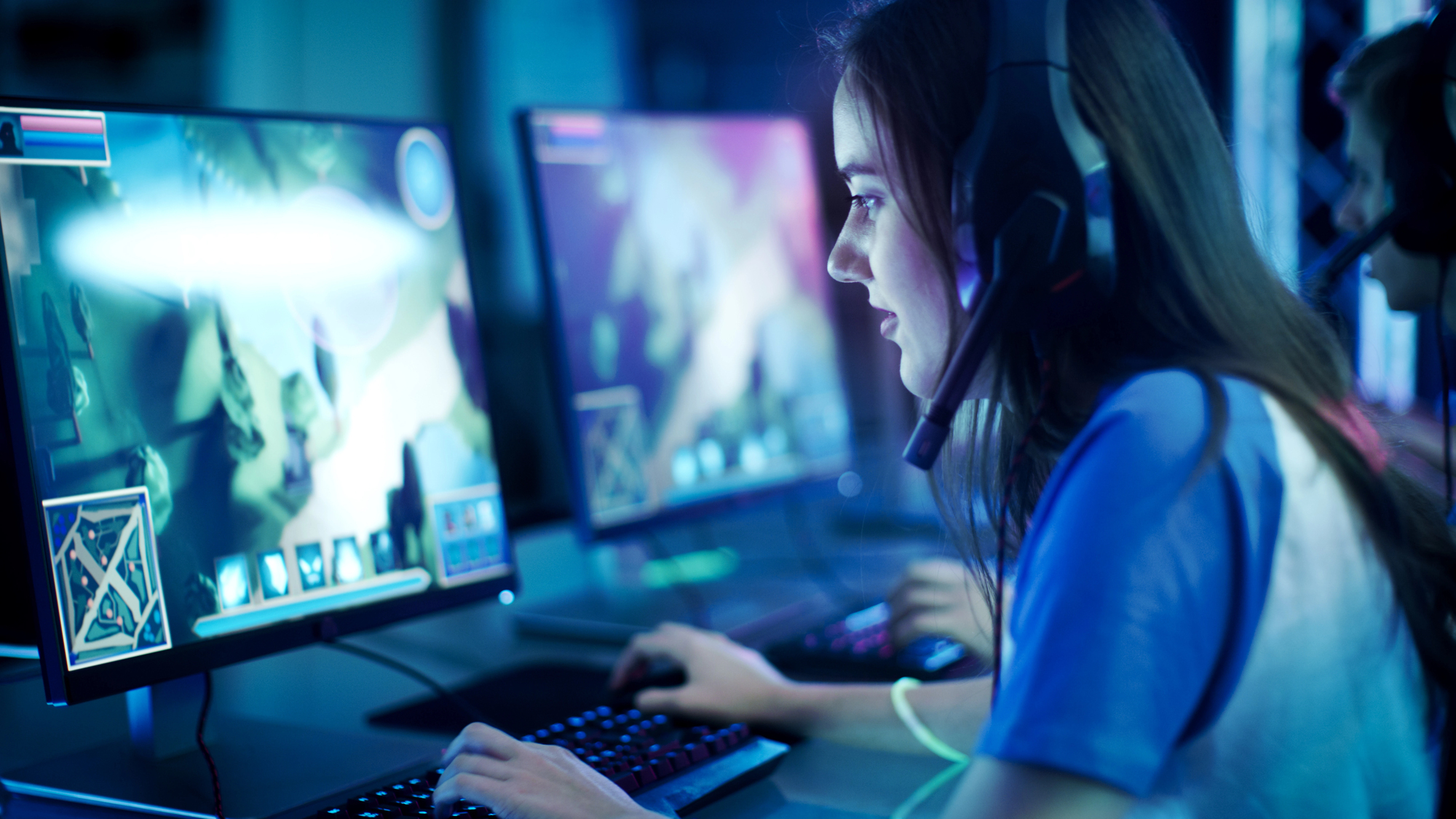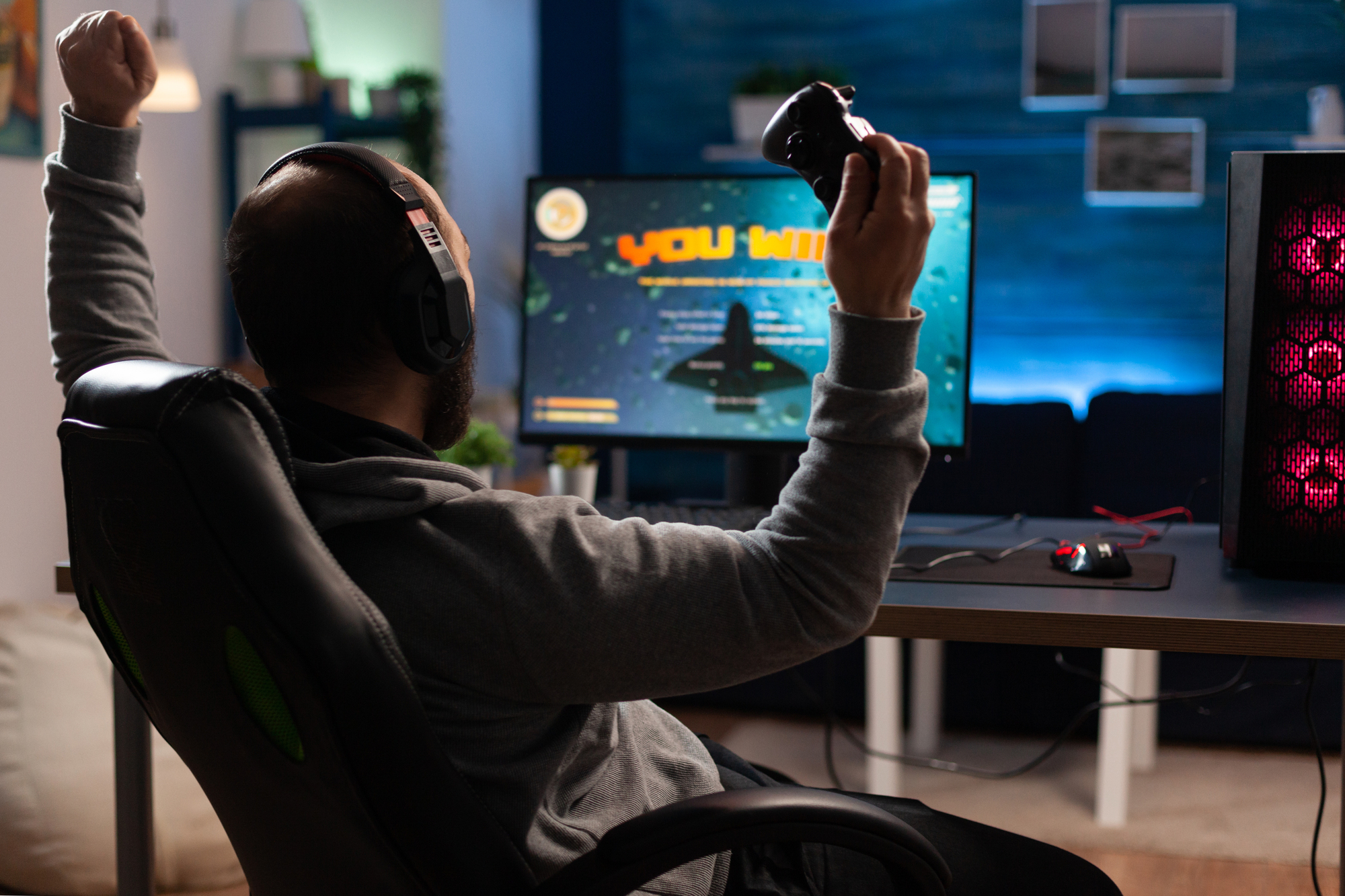Gaming addiction, a recognized mental health condition, can significantly impact individuals’ lives. Excessive gaming may lead to neglecting personal relationships, work responsibilities, and other important activities. Recognizing the signs of gaming addiction is crucial for early intervention and effective treatment.
People with gaming addiction often struggle to control their gaming habits, experiencing intense cravings and withdrawal symptoms when unable to play. They might lie about their gaming time, lose interest in other hobbies, or continue gaming despite negative consequences. These behaviours can strain relationships, affect work or school performance, and contribute to physical and mental health issues.
Addressing gaming addiction involves a multifaceted approach. Professional help from mental health experts, support groups, and family involvement are key components of recovery. Setting boundaries, developing alternative interests, and learning healthy coping mechanisms can help individuals regain control over their gaming habits and improve their overall quality of life.
Understanding Gaming Addiction
Gaming addiction is a complex behavioural disorder characterised by excessive and compulsive video game playing. It can significantly impact an individual’s daily life, relationships, and overall well-being.
Definition and Recognition
Gaming addiction, also known as Internet Gaming Disorder, is recognised as a mental health condition by the World Health Organization and the American Psychiatric Association. It involves a pattern of persistent gaming behaviour that takes precedence over other activities.
Key symptoms include:
- Loss of control over gaming habits
- Prioritising gaming over other interests and responsibilities
- Continuing to game despite negative consequences
The condition is typically diagnosed when these symptoms persist for at least 12 months and cause significant impairment in personal, family, social, or occupational functioning.
Psychological and Neurobiological Aspects
Gaming addiction shares similarities with substance use disorders in terms of its effects on the brain’s reward system. The release of dopamine during gaming creates feelings of pleasure and reinforces the behaviour.
Psychological factors that contribute to gaming addiction include:
- Escapism from real-world problems
- Social anxiety or difficulty forming in-person relationships
- Low self-esteem or feelings of inadequacy
Neurobiological changes associated with gaming addiction involve alterations in brain regions responsible for impulse control, decision-making, and emotional regulation.
Prevalence and Risk Factors
The prevalence of gaming addiction varies across different populations and age groups. Studies suggest that adolescents and young adults are at higher risk, with estimates ranging from 1% to 10% of gamers meeting the criteria for addiction.
Risk factors for developing gaming addiction include:
- Male gender
- Younger age
- Pre-existing mental health conditions (e.g., depression, anxiety)
- Poor social support
- Easy access to gaming devices and the internet
Environmental factors, such as parental attitudes towards gaming and peer influences, can also play a role in the development of gaming addiction.
Consequences of Excessive Gaming
Excessive gaming can lead to significant negative impacts on various aspects of a person’s life. These effects range from personal and social challenges to physical and mental health issues.
Personal and Social Impact
Excessive gaming often results in strained relationships with family and friends. Gamers may prioritise their gaming habits over socialising, leading to isolation and reduced face-to-face interactions. This can cause a breakdown in communication and emotional connections with loved ones.
Gaming addiction can also negatively affect academic or work performance. Individuals may struggle to meet deadlines, complete assignments or fulfil job responsibilities due to their preoccupation with gaming. This can lead to poor grades, missed career opportunities and potential job loss.
Additionally, excessive gaming can hinder personal growth and development. Gamers may lose interest in other hobbies, sports or activities they once enjoyed, limiting their experiences and skill development outside the virtual world.
Symptoms and Comorbid Conditions
Excessive gaming is often associated with various physical and mental health issues. Gamers may experience sleep disturbances, including insomnia or irregular sleep patterns, which can lead to fatigue and decreased cognitive function.
Depression and anxiety are common comorbid conditions among those with gaming addiction. The constant need for gaming stimulation can result in mood swings, irritability and feelings of emptiness when not playing.
Physical health problems may arise from prolonged gaming sessions. These can include poor posture, eye strain, headaches and repetitive strain injuries. Neglecting personal hygiene and physical activity can further contribute to overall health deterioration.
Disruption to Daily Life
Excessive gaming can severely disrupt daily routines and responsibilities. Gamers may neglect essential tasks such as housework, meal preparation or personal grooming in favour of spending more time gaming.
Time management becomes a significant challenge, with gaming taking precedence over other important activities. This can lead to missed appointments, neglected chores and a general disorganisation in daily life.
Financial issues may also arise as a consequence of gaming addiction. Individuals may spend excessive amounts on gaming equipment, in-game purchases or subscriptions, potentially leading to debt or financial strain.
Treatment and Support Strategies
Effective approaches for addressing gaming addiction involve professional help, lifestyle changes, and support networks. These strategies aim to modify behaviour, develop coping skills, and restore balance in daily life.
Professional Intervention and Therapy Approaches
Cognitive-behavioural therapy (CBT) is a primary treatment for gaming addiction. This approach helps individuals identify triggers, change thought patterns, and develop healthier habits. Therapists guide patients to recognise harmful gaming behaviours and replace them with positive activities.
Some treatment programs combine CBT with other methods like motivational interviewing or family therapy. These integrated approaches address underlying issues that may contribute to excessive gaming, such as depression or anxiety.
In severe cases, inpatient treatment centres offer structured programs. These typically include individual and group therapy sessions, alongside skills training for managing daily life without games.
Establishing Balance and Well-being
Recovery from gaming addiction involves rebuilding a balanced lifestyle. This process starts with setting clear boundaries around game time and sticking to them. Many find it helpful to use apps or timers to track and limit gaming sessions.
Physical activity is crucial for restoring well-being. Regular exercise, whether it’s team sports or solo workouts, can provide a natural high to replace the dopamine rush from gaming.
Developing new hobbies and interests is key. This might include learning a musical instrument, taking up photography, or volunteering in the community. These activities fill the time previously spent gaming and provide a sense of accomplishment.
Community and Family Support
Support groups play a vital role in recovery. These groups, often modelled on 12-step programs, offer a space to share experiences and strategies with others facing similar challenges. Online forums and local meetups provide ongoing encouragement and accountability.
Family involvement is essential. Loved ones can help by learning about gaming addiction, setting household rules around technology use, and participating in family therapy sessions. Their support and understanding can make a significant difference in the recovery process.
Mental health professionals often recommend that families engage in alternative activities together. This might include game nights with board games, outdoor adventures, or shared hobbies that strengthen bonds without screens.
Promoting Healthy Gaming Habits
Developing balanced gaming practices can help prevent addiction and enhance overall well-being. Setting limits, staying active, and fostering awareness are key elements in maintaining a healthy relationship with gaming.
Preventive Measures
Establishing clear boundaries is crucial for healthy gaming habits. Gamers should set specific time limits for play sessions and stick to them. Creating a schedule that balances gaming with other activities helps prevent excessive play. Regular breaks during gaming sessions are important to rest eyes and stretch muscles.
Engaging in physical activities outside of gaming is vital. Exercise, sports, or outdoor hobbies provide a counterbalance to sedentary gaming time. Maintaining social connections in real life is equally important, as face-to-face interactions help prevent isolation.
Keeping gaming equipment out of bedrooms can improve sleep hygiene. Setting up gaming areas in common spaces makes it easier to monitor and control gaming time.
Awareness and Education
Education about the potential risks of gaming addiction is essential for players, parents, and educators. Understanding the signs of problematic gaming behaviour allows for early intervention. These signs may include neglecting personal hygiene, skipping meals, or declining school performance.
Schools can play a role by incorporating digital literacy programs that address healthy gaming habits. Parents should stay informed about the games their children play and discuss responsible gaming practices.
Gaming communities can promote awareness by sharing stories of overcoming addiction and offering support to those struggling. Online forums and support groups provide spaces for gamers to discuss challenges and share strategies for maintaining balance.
Role of Technology and Policy
Game developers can contribute to healthy gaming by implementing features that encourage breaks and limit playtime. Some games now include reminders to take breaks or track total play time. Parental controls on gaming devices allow for setting time limits and content restrictions.
Governments and health organisations can develop guidelines for healthy gaming practices. These could include recommended daily time limits and age-appropriate content ratings. Some countries have implemented policies to curb excessive gaming, such as restricting online game access during certain hours.
Gaming platforms can promote responsible gaming by offering tools for players to monitor their usage. Features like activity logs and self-exclusion options help gamers stay aware of their habits and take control when needed.

